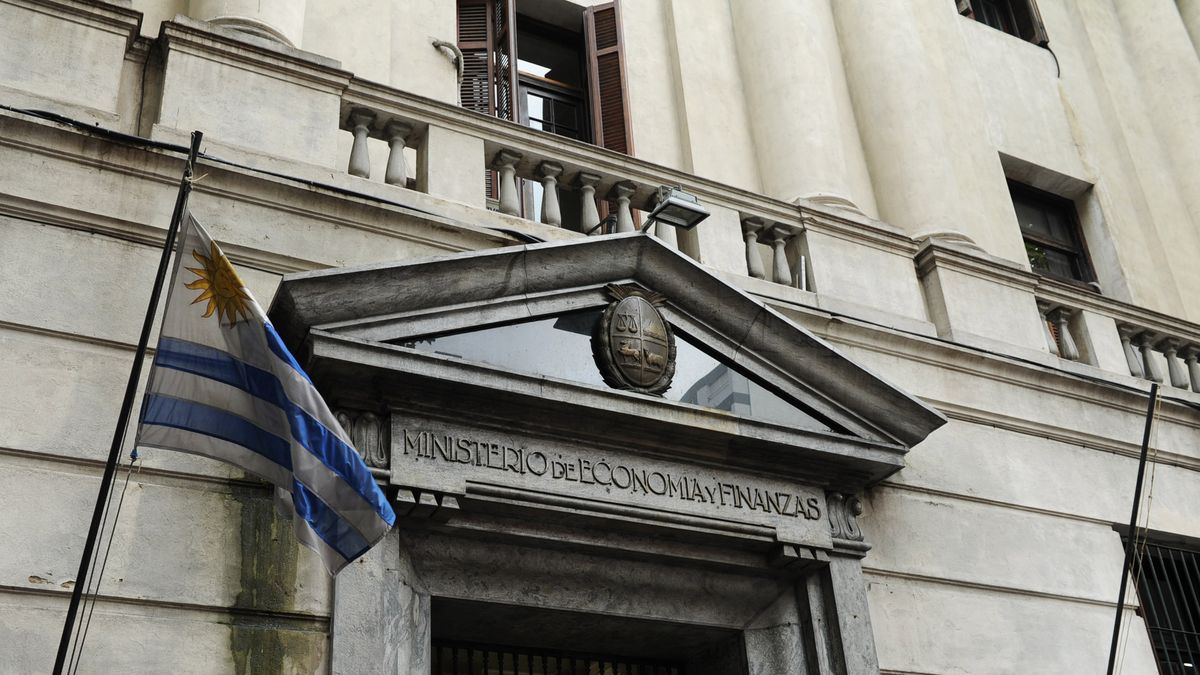“This change in rating highlights Uruguay’s image on the international stage,” he said. Pia Biestro, director of Tax Advice of the MEF, realizing that the European Council understood that the country complied with the commitments assumed in fiscal matters.
“This administration has demonstrated the willingness to cooperate on issues of good tax governance. The changes introduced, both at a legal and regulatory level, are premised on the maintenance in general terms of the source principle for business income, the granting of tax certainty, and the protection of the interests of our country against the potential imposition of measures defensive that affect its economy and international image”, said the official.
Faced with this, Uruguay was removed from the Annex II of the list, a chapter that “recognizes constructive efforts in tax matters”.
Tax history with the European Union
The European Union began to evaluate the territorial taxation regime on business income that Uruguay applies as of the end of 2019, and in June 2021 it sent a note to the MEF in which it recognized compliance with internationally accepted standards, and approached new requirements.
The government promised to adjust these issues by the end of 2022, for which, then, it was declared a “cooperating jurisdiction with commitments assumed”, entering Annex II that reflects the ongoing cooperation of the EU with its international partners and the commitments from these countries to reform their legislation in order to adhere to agreed tax standards.
With the new provisions of the Income Tax from Economic Activities (IRAE), and the exemption of certain passive income obtained by entities that are members of multinational groups, provided that they meet adequate substance requirements, Uruguay complied with what was promised against the European Union and was thus consolidated as a cooperating jurisdiction.
Source: Ambito




